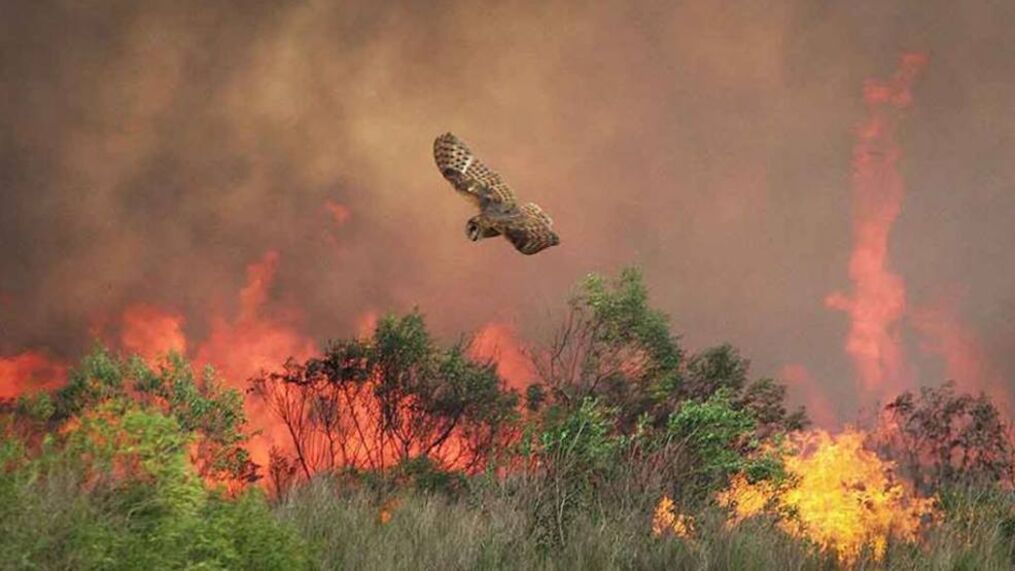Management of our fish, wildlife, and wild spaces is governed by outdated ideals that view fish and wildlife species as a “resource” to be managed, “harvested,” or simply killed if they interfere with human convenience or desires.
These ideals are grounded in an outdated flawed system that values a wild animal’s life based solely on its usefulness to humans, ignoring the intrinsic value of all life and basic principles of ecology.
We continue to commercially and recreationally fish for salmon species listed as endangered and threatened under the Endangered Species Act, putting unsustainable pressure on wild fish stocks and jeopardizing resident Salish Sea orca. We support this economically driven endeavor by artificially subsidizing fish populations with hatchery production.
Make no mistake, hatchery fish are not created to benefit ecosystems, they are created to support the fishing industry to the detriment of wild fish populations.
We kill recovering wolves for preying on livestock that wander our public lands largely unsupervised. We kill cougar simply for scratching out a living in proximity to humans as our ever-increasing population encroaches deeper and deeper into their wild homes.
This needs to change. Management of wildlife and wildlands must shift from a model of consumption to a model of conservation and from prioritizing economic growth to prioritizing ecologic health.
Our current paradigm emphasizes the management of species we value for our own consumptive use, at the detriment of ecosystems and wildlife species we deem of little value.
Many of us recently experienced the highest summer temperatures on record in Washington, possibly the coolest summer of the rest of our lives. Catastrophic wildfires are raging across the state, as they now do every summer. It is important to remember climate change impacts other species sharing our planet that do not have the luxury of an air-conditioned home. Other species not only suffer directly from the impacts of intensifying heat and the devastating fires, but also from lasting secondary impacts, as habitat is destroyed, water dries up, and vegetation withers and dies, leaving wildlife competing for a scarcity of food and water.
Climate change is depleting biodiversity. We are losing wild plant and animal species every day. Once they are gone, they are gone forever. There is no coming back from extinction. Preserving remaining biodiversity must drive wildlife and wildland management policies, and should be the paramount goal of land, water, and wildlife management.
Does this mean that all hunting and fishing must end? No, what it means is we must turn around a system that maximizes hunting and fishing opportunity and redirect it to maximize preservation.
Instead of management of wildlife, we must manage for wildlife.
Preserving biodiversity means we must preserve all parts of a system and allow that system to function holistically. We depend on nature. We are a part of it, not apart from it. When we preserve nature, we preserve ourselves.
